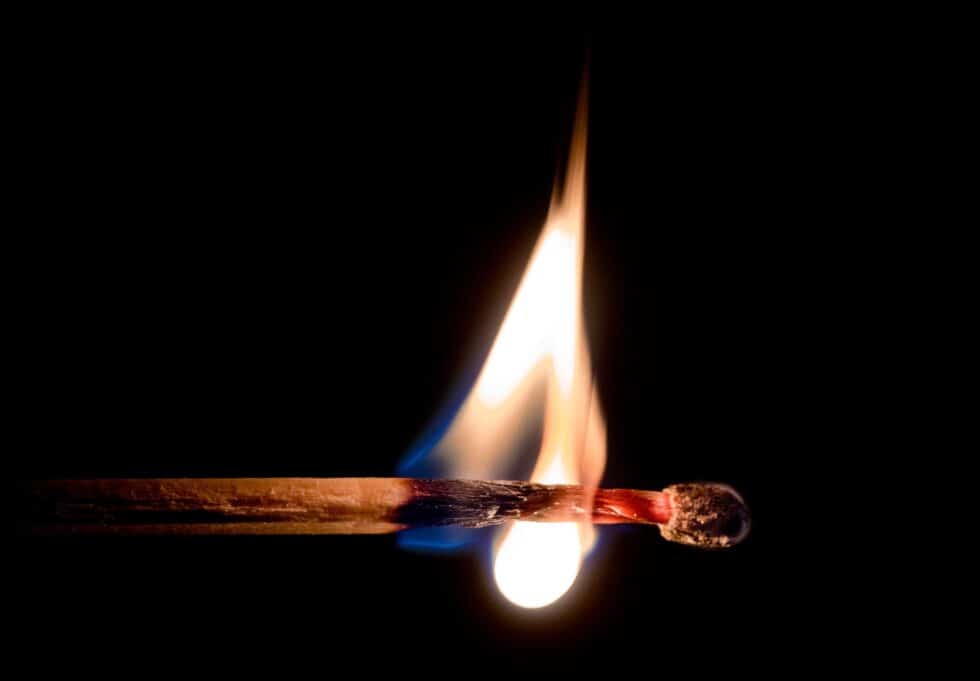
(not) a fixer of little fires everywhere
This might well be the Summer of Kerry Washington at my house.
I watched American Son on my own, then Django Unchained with my own American son (it’s also been a Quentin Tarantino/Christoph Walz summer), my daughter is rewatching Scandal, and we’re about to finish Little Fires Everywhere.
I never finished Scandal—like House of Cards, I just couldn’t get invested enough in the characters. Or maybe my rule-following self just can’t comprehend such flagrant law-breaking?
And here we are in 2020, when lawbreaking and bending—and massive fires—seem to be the accepted norm.
putting out little fires everywhere
But back to Kerry Washington, who shines brightly in Little Fires Everywhere, probably the most difficult series I’ve ever watched. Difficult as in it takes on big issues of systemic racism and sexism and navigates the dangerous waters of mother-daughter dynamics—and almost every scene makes me cringe and want to reach for the stop button.
Because almost every scene involves such unutterable cruelty between the characters on the screen—and it’s not limited to a simple black and white (or, thankfully, typecast Black and White), good and bad: every one of the characters has a lovely, charming good side, and every one has an awful, terrible, very bad side.
Perhaps with the exception of one character, you never know how the scene is going to play out, who will come out looking “good” and who will come out looking “bad.” (The one I’m thinking about just needs a sound slap in every scene she’s in.)
I mean, that’s just reality, right? That’s just being human—sometimes listening to our better angels, sometimes giving in to our darker impulses.
We actually tried to come up with which characters are consistently “good” and “likeable.” (By the way, we still have to watch the last episode—and read the book—so this analysis is subject to change.)
We didn’t get very far. I think Brian (the high school quarterback and Homecoming King) does pretty well, his sins being mostly ignorance and being a teenage boy. Maybe Bill or Jamie? I put them down as mostly okay but really just grownups who still (don’t) think—like teenage boys.
How about the girls and women? Better not even ask.
Aptly titled, the entire series so far is about putting out one little fire after another.
playing the fixer
Call me naive, but until I watched Scandal a few years after it was really popular, I didn’t know what a fixer is, much less know that “it’s a thing.” It must be the fastest-growing career option out there these days?
(If you’re interested, here’s an interesting piece on defining the word scandal.)
But I’m less drawn to the political “fixer” than to the one that apparently lives inside most of us.
Not only in the characters of Elena, Mia, and just about every adult in Little Fires but inside those of us who watch and think, “This is ridiculous. I could fix this situation in five minutes.”
I’m reminded of watching soap operas in my twenties and thinking, “If people would just learn how to communicate, think of all the trouble they’d save themselves and others!”
It’s like watching a movie where you know more than the characters, and you just want to scream, “Don’t go in that room—there’s a bad guy in there! Noooooo! What are you doing?!? Are you that stupid?!?”
But what does this have to do with health coaching, you’re probably thinking right about now, unimpressed with a) my choice of media consumption and b) my attempt to analyze it.
little fires—and big ones
Little Fires is watchable for me because it reminds me so much of what it’s like to be a health coach observing potential clients.
“I know exactly what you should do to get healthy” is usually the uppermost thought in my mind when I talk to people—and yet, it’s not my job to tell them what I think.
In fact, one of the biggest challenges they already face is how they’re constantly “shoulding” all over themselves—no need to add to that load.
And most Americans are living our lives putting out little fires everywhere, especially in the area of our physical health—and usually with a silver bullet touted by someone else, which in the end just allows a fire to pop up in another place.
Got heartburn? Take this pill. Oh, this pill has a side effect? Take that pill in addition to the first one. Oh, now you have that side effect? There’s a pill for that, too!
Eventually, the little flames combine into one massive dumpster fire—and that’s when they might consider stopping the insanity, which you’ll likely remember is defined as doing the same thing over and over and expecting the results to be different.
One of the most difficult things to do as a health coach is to stop the impulse to “fix” people and instead help them find their own way based on what they know and what they have control over.
And that sometimes means sitting through a lot of scenes where they flail around blindly, sometimes causing damage to themselves and others in the process.
What’s the solution?
Ah, there’s the rub—there is no one solution, and perhaps the very notion that we need fixing is at the root of the problem.
make the connection
When we think of ourselves as “broken” and in need of “fixing,” we ignore the fact that we are each exactly where we find ourselves due to our genetics (nature), upbringing (nurture), and the food and lifestyle choices we’ve made up to this day.
The good news is that when we change those choices—starting today, in very small ways—we can shift any damage done by nurture and even turn our genes “on” or “off.”
And that is where working with a health coach comes in: figuring out together what the next right step is for the stage of life we’re in or about to enter.
Tired of putting out little fires everywhere? I have room for 3 more 1:1 clients beginning in September and 4 more members in the group program that starts in October. Find out whether one of these might be a good fit for you by scheduling a YOURstory consultation today: free and pitch-free, these sessions are strictly about getting you started on your health journey, whether we work together going forward or not.



